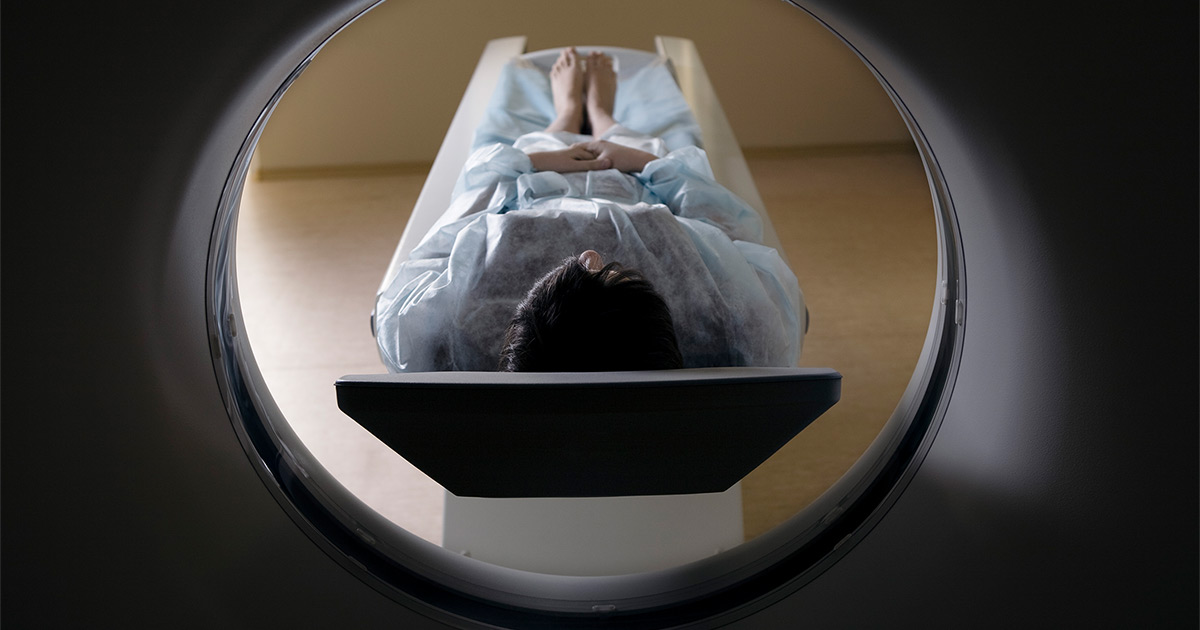Pulsara Around the World - 2025 Recap and January 2026
December Recap After an incredibly busy events year with 102 conferences, trade shows, and sponsorships, December was on the slower side for us, with...
2 min read
 Team Pulsara
:
Dec 07, 2020
Team Pulsara
:
Dec 07, 2020

EDITOR'S NOTE: Special thanks to Kinsie Clarkson (Pulsara's Product Marketing Specialist, 2020-2025) for writing today's blog post. You can connect with her on LinkedIn.
__
Over the past five years, Brunei's number of stroke cases have increased by 57%, making stroke the country's fourth-highest cause of death—and the main cause of disabilities. Now, a study conducted over the past two years found that the average age of stroke patients in Brunei is decreasing.
Located in Southeast Asia on the north coast of the island of Borneo, Brunei's overall average age of stroke patients is 51. When compared to South Korea’s average age of 63 and the United States’ average of 68, that’s a 12-17 year difference. Sixty-five percent of Brunei's stroke patients are under the age of 60, and 17% of stroke sufferers are under the age of 45.
The Director of the Brunei Neuroscience Stroke and Rehabilitation Centre, Pg Dr Hjh Siti Nur’ Ashikin Pg Dato Paduka Hj Tengah, said that more research is needed to uncover the reason why Brunei’s stroke patients are so young compared to the average ages in other countries. “Is it genetics? Is it culture? Is it behaviour?” she questioned. For now it remains a mystery, but in the meantime, the director emphasized the need for public campaigns to encourage people to go to the hospital as soon as they begin experiencing stroke symptoms. “One study showed that only 13 percent of patients arrived in hospital within the crucial 4.5 hour window to receive thrombolysis, whilst other studies have shown that delays are due to limited knowledge of stroke,” she said. “Our patients are able to receive clot-busting treatment known as thrombolysis, and our centre has started to offer thrombectomy, a treatment to suck out blood clots from blocked blood vessels.”

Pg Dr Hjh Siti Nur’ Ashikin noted that disabilities resulting from stroke take a heavy toll on patients, as it affects every area of their lives—including their families and livelihood.
In a message for World Stroke Day, Brunei’s Minister of Health, Haji Mohd Isham, acknowledged Brunei’s rapid increase in stroke cases, and emphasized the need for action. “Stroke can also happen to anyone, anywhere and anytime,” he said. “As is the case all over the world, stroke is a major cause of disability among the population of this country. What is more worrying, is that according to a recent study from the World Stroke Organisation, one in four people will have a stroke in their lifetime. This matter must be given attention," he said. He went on to note that between 20 and 25% of stroke cases in Brunei are hemorrhagic, caused by bleeding, while the other 75-80% of stroke cases are a type of infarct stroke, which are caused by blood clots.
Both Isham and Pg Dr Hjh Siti Nur’ Ashikin reiterated the fact that the major risk factors for stroke, including high blood pressure, high cholesterol, diabetes, chronic kidney disease, obesity, and smoking, can be either mitigated or prevented through the adoption of a healthy lifestyle, and managed through effective treatments.
For more information on international stroke statistics and the latest information on decreasing door-to-needle times for thrombolysis, check out our post on Lower Door-to-Needle Times Linked to Lower All-Cause Mortality.

December Recap After an incredibly busy events year with 102 conferences, trade shows, and sponsorships, December was on the slower side for us, with...

Editor's Note: In July 2025, EMS1 and Fitch & Associates released their annual EMS trend survey, What Paramedics Want, proudly sponsored by Pulsara....
![[PRESS RELEASE] Published Research Finds Up to 31% Faster STEMI Treatment Times in Rural Hospital Setting with Pulsara](https://www.pulsara.com/hubfs/_1_website-page-blog-assets/pulsara-hosp-teams-assign-cardio-stemi-rn-1200x701.jpg)
Published research shows how using Pulsara, alongside standardized field activation and a focus on stakeholder relationships, improves STEMI care and...